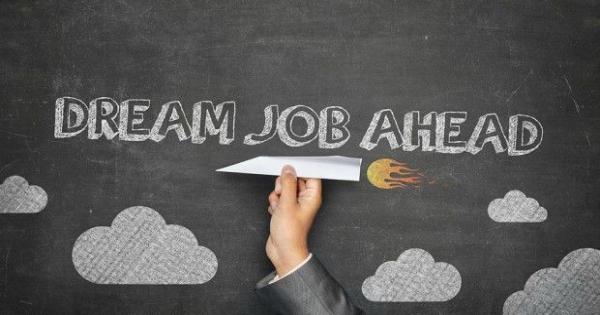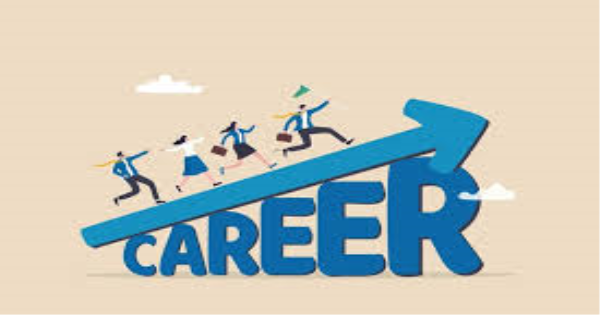Automation isn’t just replacing jobs—it’s transforming them. While some roles disappear, new opportunities emerge in AI ethics, machine learning, and robotics maintenance. Career guidance helps professionals identify which skills will remain relevant and which industries are poised for growth.

1. The Gig Economy Expands
More workers are embracing freelance, contract, and project-based roles. Platforms like Upwork and Fiverr report that nearly 50% of the workforce will engage in gig work by 2025. Career counselors can help individuals navigate this shift, teaching them how to market their skills effectively.
2. The Lifelong Learning Imperative
A single degree no longer guarantees career stability. Employers now prioritize continuous upskilling. Career guidance ensures professionals stay ahead by recommending certifications, online courses, and micro-credentials in high-demand fields like cybersecurity and data science.
3. Hybrid and Remote Work Becomes Standard
The traditional 9-to-5 office model is fading. Companies now prioritize flexibility, requiring employees to master remote collaboration tools and self-management. Career advisors help job seekers adapt to this new norm while maintaining productivity.
Why Career Guidance is Non-Negotiable in 2025
1. Personalized Career Roadmaps
Generic advice no longer works. AI-driven career platforms analyze skills, personality traits, and market trends to suggest tailored career paths, reducing guesswork.
2. Preventing Career Mismatch
Many graduates end up in unrelated jobs, leading to dissatisfaction. Career guidance aligns individual strengths with market needs, ensuring better job fit and long-term satisfaction.
3. Boosting Mental Well-being
Uncertainty about career choices contributes to stress and burnout. Professional guidance provides clarity, helping individuals make informed decisions with confidence.
4. Staying Ahead of Industry Shifts
Industries evolve rapidly—what’s relevant today may be outdated tomorrow. Career counselors provide insights into emerging fields like sustainable energy, quantum computing, and digital health.
How to Access Reliable Career Guidance in 2025
1. AI-Powered Career Tools
Platforms like LinkedIn Career Explorer, Coursera’s Career Academy, and MySkillsFuture use AI to recommend careers based on skills and interests.
2. Certified Career Coaches
One-on-one coaching helps with resume optimization, interview prep, and networking strategies, giving job seekers a competitive edge.
3. University and Alumni Career Services
Many institutions now offer lifetime career support, including mentorship programs and exclusive job boards for graduates.
4. Government and Nonprofit Programs
Initiatives like Singapore’s SkillsFuture and the EU’s Digital Skills & Jobs Coalition provide free career counseling and training subsidies.
The Future of Career Guidance: What’s Next?
-
VR Career Simulations – Test different roles in a virtual environment before committing.
-
Blockchain-Based Credentials – Securely store and share verified skills with employers.
-
Predictive Job Matching – AI will forecast career success based on skills, experience, and industry trends.
In 2025, career guidance isn’t a luxury—it’s a necessity. With AI, gig work, and rapid industry changes reshaping employment, expert advice is the key to long-term success. Whether through AI tools, professional coaching, or upskilling programs, leveraging career guidance ensures professionals thrive in an unpredictable job market.
Ilmkidunya
Top Contributors
Related Articles
Why Your First Job Doesn’t Define Your Career – Key Factors for Long-Term Success
- Ilmkidunya
- 14/Apr/2025








.gif)


































